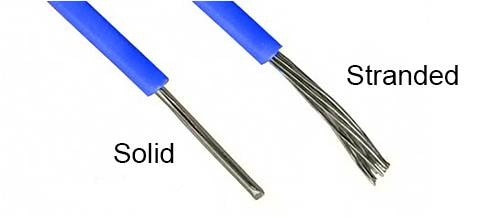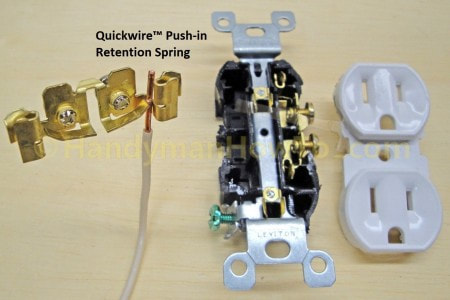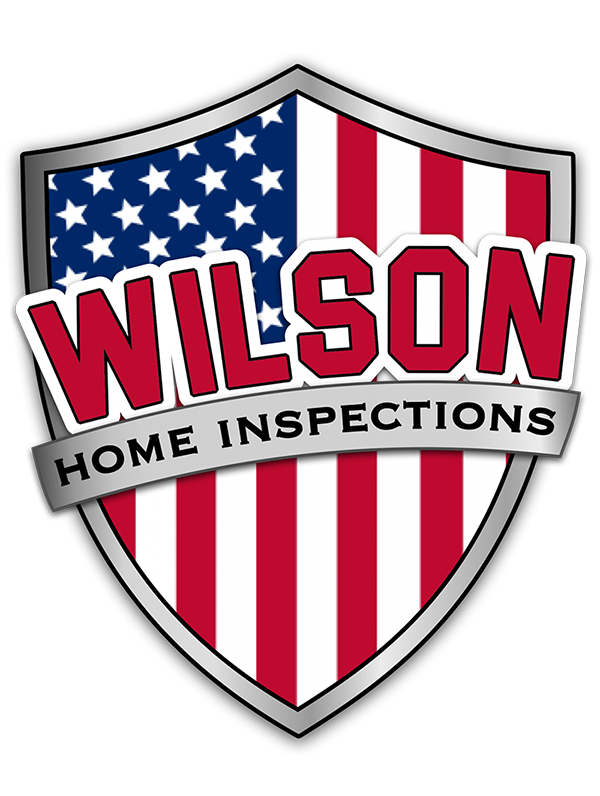In my first post, “Aluminum Wiring: Why Is It A Concern?”, I talked about the differences between aluminum and copper wiring, the problems associated with aluminum wiring , and the solution for those problems. In this post, I continue by talking about where aluminum wiring is still commonly used today, requirements for using aluminum wiring, insurance companies, and what you should do if your home has aluminum wiring.
Making A Better Aluminum
With all the problems discovered shortly after aluminum wire’s introduction to the home building industry, wire manufacturers searched for a way to improve aluminum wire and “stop the bleeding” if you will. In the early 70s, they came up with a higher quality alloy that worked much better in electrical applications.
Too Little Too Late
This new and improved aluminum wire proved to perform much better than previous iterations. However, by the time these improvements were made, aluminum wire’s reputation was so tarnished that nobody was buying it. The late 1970s was the end of the road for solid strand aluminum wire.
Multi-Strand Wire
While most manufacturers have ceased production of solid strand aluminum wire, aluminum wire can still be found widely used in the multi-strand form. Multi-strand aluminum wiring is commonly used to supply power to power hungry appliances such as stoves and HVAC units. It is also used for service entrance conductors into the home.

Now let’s look at a couple requirements for aluminum wire still in use.
Anti-Oxidation Paste
A special paste was developed for use at the connection points of stranded aluminum wire. This paste or “joint compound” prevents oxidation (rusting) of the wires and is also electrically conductive.
No Push-in Connections
Testing has proven that aluminum wire performs much better when used with screw connections rather than push-in connections. The screw connection involves wrapping the wire around the screw and tightening the screw down. The push-in connection, sometimes called a quick connect or “stab” connection relies on spring loaded contactors to make the connection. For this reason, push-in connectors are not permitted for use with aluminum wiring.

What About Insurance?
Home insurance companies are very well aware of aluminum wire and the worst case scenarios its malfunction can result in. Some insurance companies refuse to insure homes that have aluminum wire present. Other insurance companies may require a certificate from a licensed electrician or power company which states that all aluminum wire connections have been inspected for proper installation.
The Big Question: What To Do?
Your certified professional home inspection has revealed that your current home or prospective home has aluminum wire present. What should you do? There are several options available for dealing with aluminum wiring.
Rewire
The fix that many people automatically gravitate towards is a complete rewire of the home with copper wiring. This is the most costly option as a complete rewire can cost upwards of $10,000. A complete rewire is something you can try to negotiate for with the seller if you are buying the home. While a rewire is without a doubt the most permanent solution to aluminum wiring, in most cases I believe it to be impractical.
Install Approved Devices
Another option, which I am a proponent of, is to have all of the outlets, switches, and other connection points upgraded to those approved for use with aluminum wiring. This is still a costly option, however it is much more realistic than a complete rewire.
COPALUM Connectors
A third option would be to have a licensed electrician come in and “pigtail” all of the aluminum wires with copper wire using copalum crimps. This process involves a special tool that crimps or bonds the 2 wires together. This would allow you to safely continue to use the outlets and switches already installed. Below is a video showing the COPALUM connector installation.
Do Nothing
The last option is to do nothing and hope for the best. While I believe this would be a very bad idea, I understand that money doesn’t grow on trees and large scale repairs may not be financially viable. In this case, it is imperative that you have functioning smoke detectors installed in all the proper locations. You should also stay vigilant in watching for any of the signs of electrical issues discussed here.
Summary
Aluminum branch circuit wiring has has its share of problems, but significant improvements have been made. While many people call for complete rewiring of the home, neither electricians nor electric authorities believe it to be necessary. A licensed electrician should inspect all connection points and replace or correct them as necessary.

